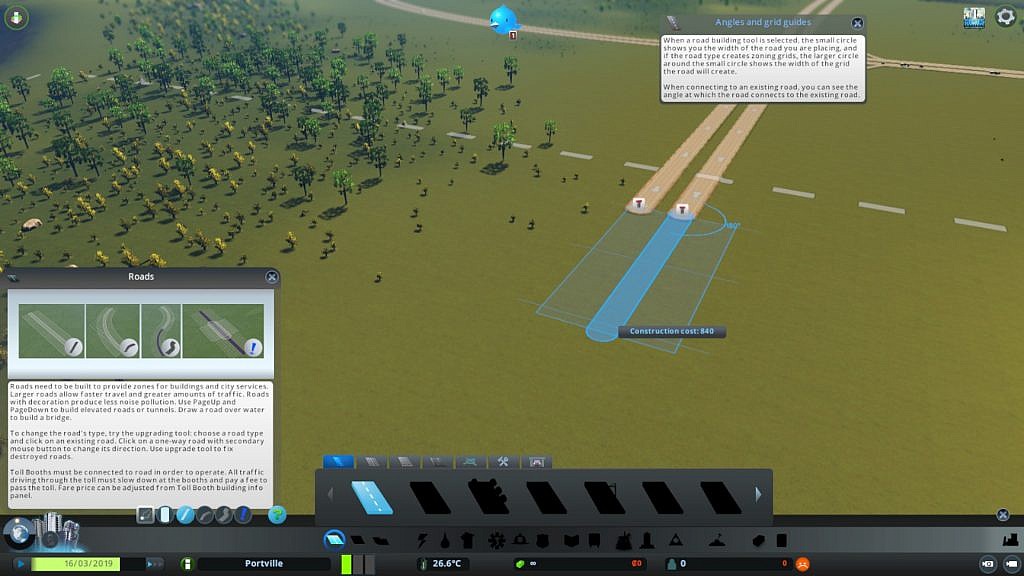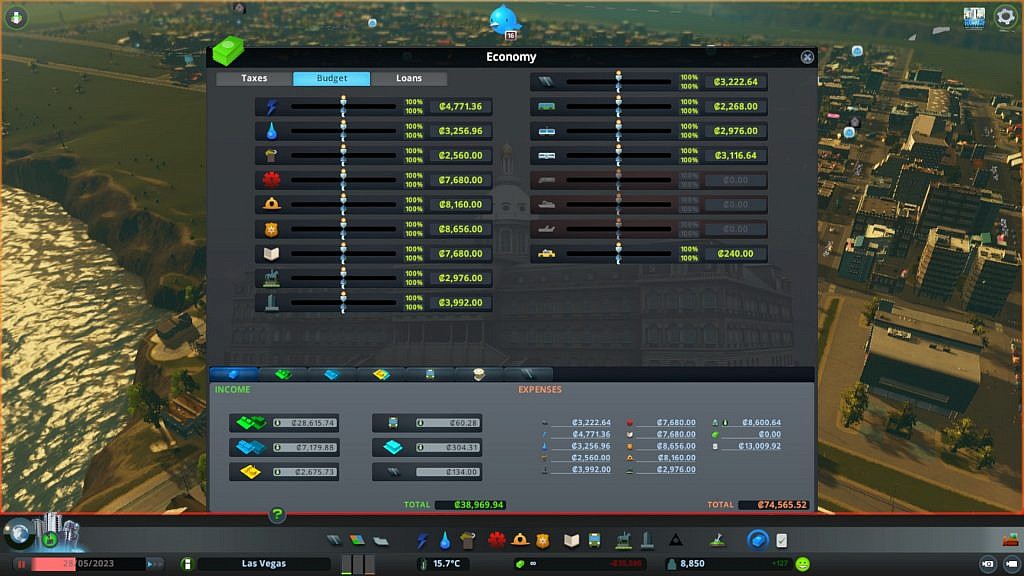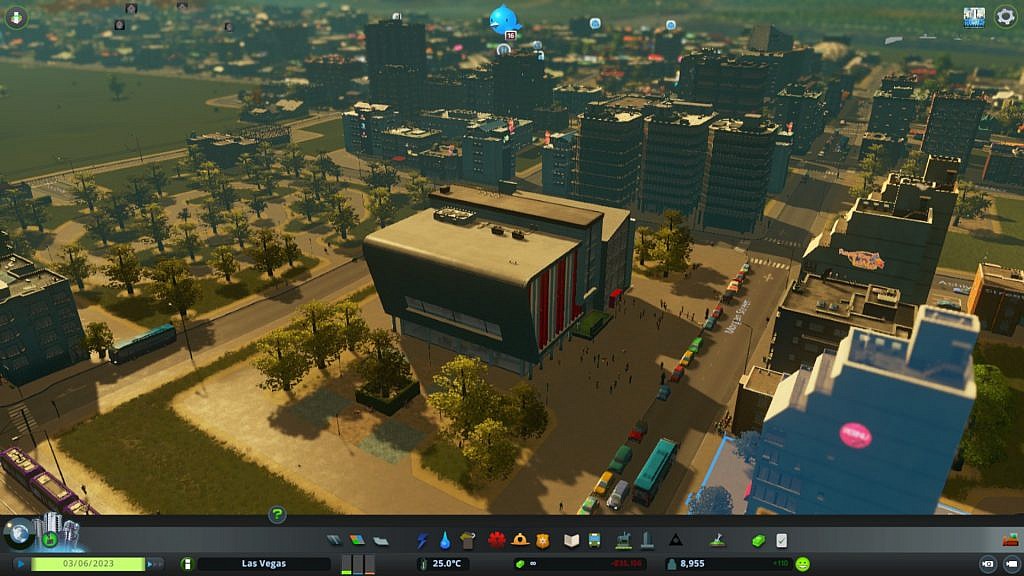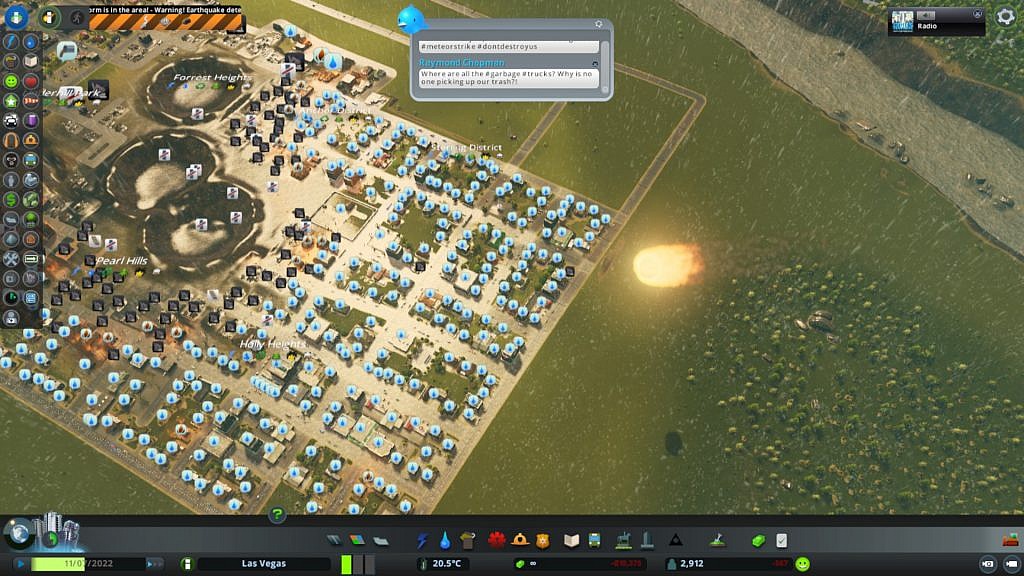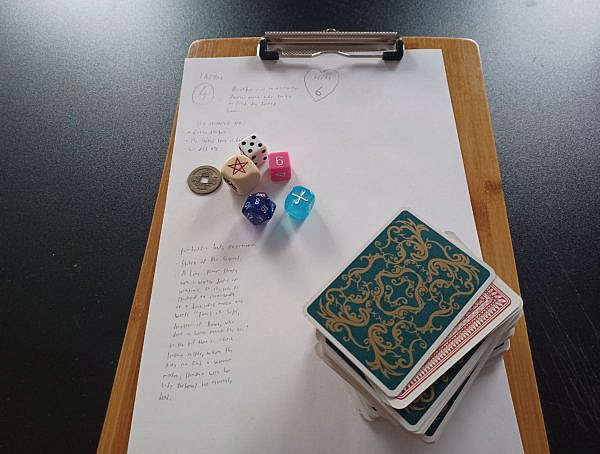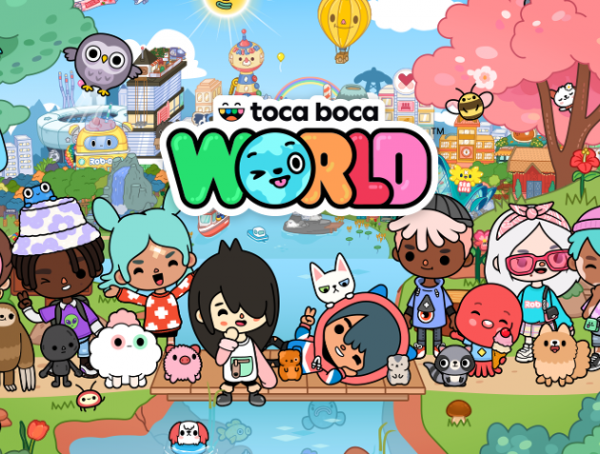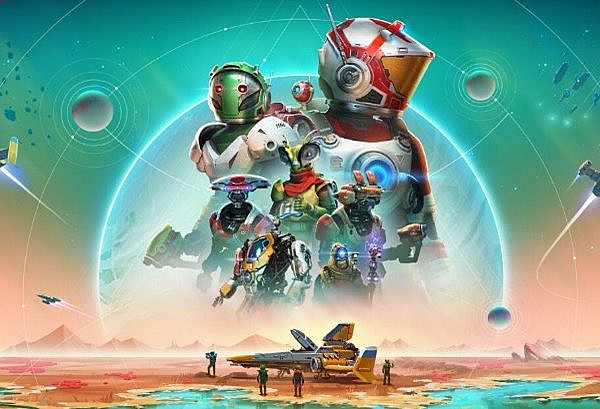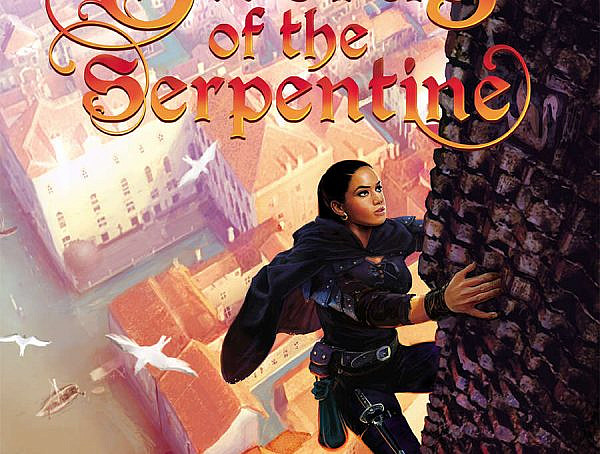I’m a master’s program student of Local and Regional Governance at Tampere University. I just recently started to play Colossal Order’s Cities: Skylines and simply fell in love with the game. I noticed that some of the reasons for this come from my gaming history, educational background and personal characteristics.
Local and Regional Governance is a specialization of Administrative Sciences. We will not become city planners or architects. We study how to manage and develop cities and regions – what makes them flourish and what does not. We gain understanding of the components of city planning processes and how to manage them and get citizens involved in the process.
When it comes to my gaming experience, I have not played other city planning simulation games like SimCity before, so Cities: Skylines is the first one for me. However, I have played The Sims since early 2000s, although there you are managing just one character or family, not the whole city. But I noticed that what I enjoyed in The Sims is also what I enjoyed in Cities: Skylines: building and planning surroundings.
Another thing I love in the game is that it simulates the complexity of city planning in real life quite well. However, it lacks some key issues of real urban planning like land owning. No one in the game owns the land but this is something that needs to be considered in real life. Another thing missing in the game is that there is no decision-making process. You just build what you want. In real life, city council would be the one making the final decisions in Finland. You can also change zoning of any area that you want. This would not be possible in real life. When you make changes to city plans there are always certain procedures and those end up in a long appealing process.
But the game simulates other aspects of real life city planning well. For example, when you’re building a tram system to an existing city structure, you may have to demolish other structures. Or when you have built water pipes and need to add heating pipes, you may have to demolish old lines. The game also simulates how citizens feel about changes in their environment. For example, no one wants to live next to a water treatment plant, in the game or in real life. And there are lots and lots of other aspects of city planning that you must take into account, like health care, education, traffic, waste management, pollution, employment rate, city funds. The game really shows the complexity of urban planning and the player gets an understanding of how a city works.
Because of its complexity Cities: Skylines is not easy to play at first. I ended up playing the game in a mode that does not pay attention to city funds when I was learning how to use it, because I ran out of funds. There is so much to learn and the game is complex. But this is what I love about it. It’s not easy to play and when you start to get better in it you get the feeling that you’re succeeding. I’m not good in the game yet but I think that my understanding of city planning is getting better and better. It’s a not the same to read theories on how to make a city flourish, like Creative Class from Richard Florida or Space of Flows from Manuel Castells, than trying to actually build a functioning city from scratch.
Another aspect that the game simulates well is traffic. You must consider carefully what kind of traffic system you want to build. When the city is growing you need to widen the roads and think what kinds of intersections would work best. Also public transportation is simulated well in the game. Colossal Order has published two transportation simulation games: Cities in Motion and Cities in Motion 2 prior to Cities: Skylines, so it’s no wonder that the simulation of traffic is so realistic.
One thing that I love about the game is that you can track families in the game. When you click a house you can find out who lives there. Cars are also registered to families. If you click one you can find out to whom it belongs. This for me feels like I’m really the mayor of the city. You can affect single family’s life with your decisions, just like in real life.
There are also interesting expansions that you could get for the game like Greener Cities and Natural Disasters. Environmental aspects are already well established in the basic game but in Greener Cities you can build a more eco-friendly city. In Natural Disasters you can build early warning systems and emergency routes and then destroy the city with natural forces. Well, who wouldn’t want to build a megalopolis and then destroy it with meteors?
Cities: Skylines is an interesting, complex and well-designed city planning simulation game. It does not have all the functions of a real life city planning process but it gives the player an idea of the complexity of the process and better understanding of a city’s functions. It is a good game and I think that I will play it for years. You can learn from it and just have fun.
———-
Developer: Colossal Order
Publisher: Paradox Interactive
Platforms: Microsoft Windows, macOS, Linux, Xbox One, PlaySation 4, Nintendo Switch
First release: 10 March 2015
You might also like
More from Features
Game Awards – Celebration of talent or a Marketing Extravaganza?
The Game Awards 2024 is over and the winners are announced. However, are they still following the same pattern that …
Worlds in a Finnish Theater: League Finals, Community, and Döner Kebab
I travelled to Helsinki to watch League finals in a cinema, and it was worth it. #leagueoflegends #esports #community #worldfinals







